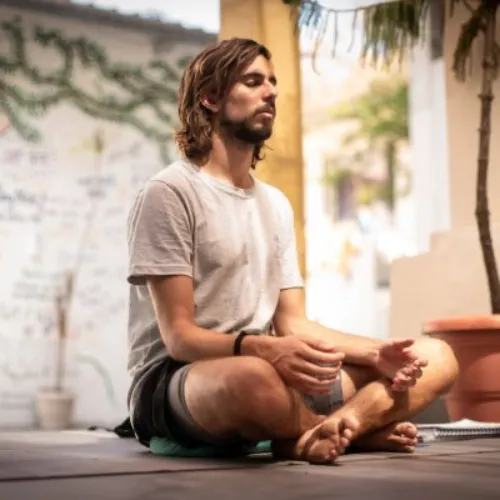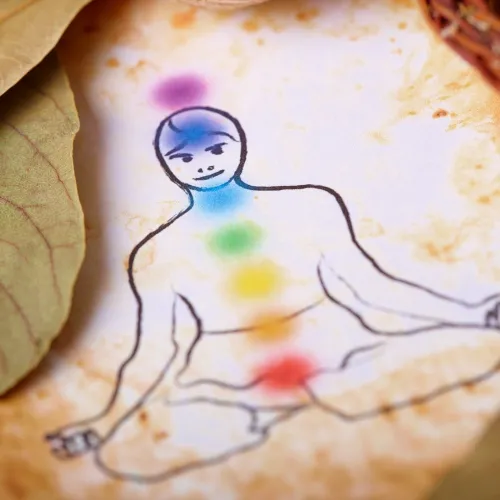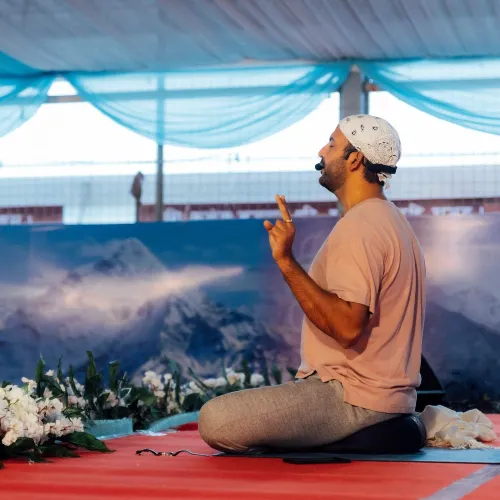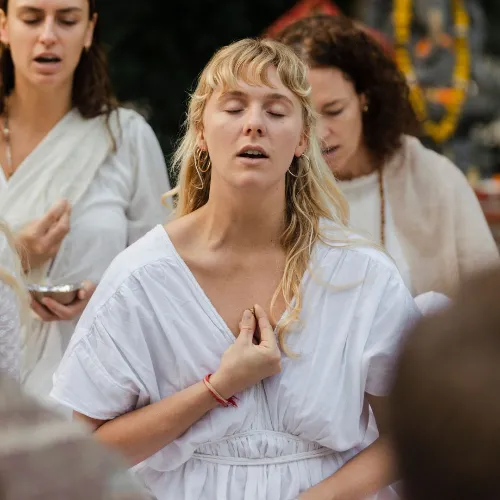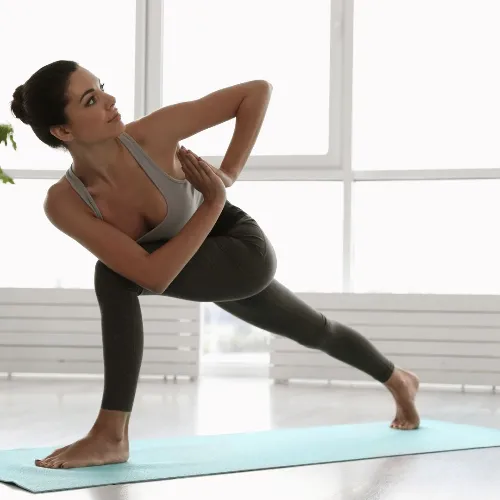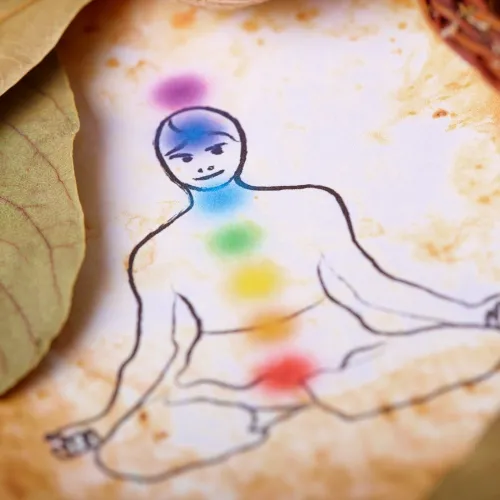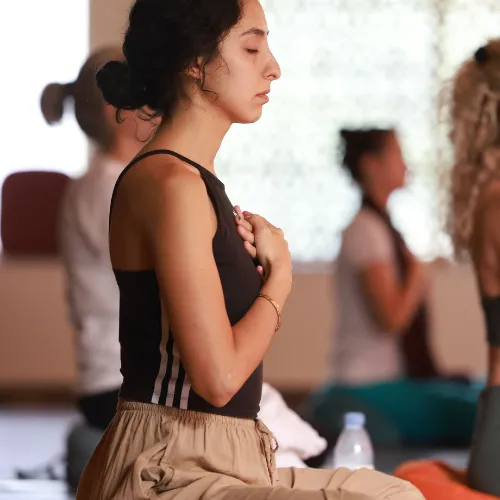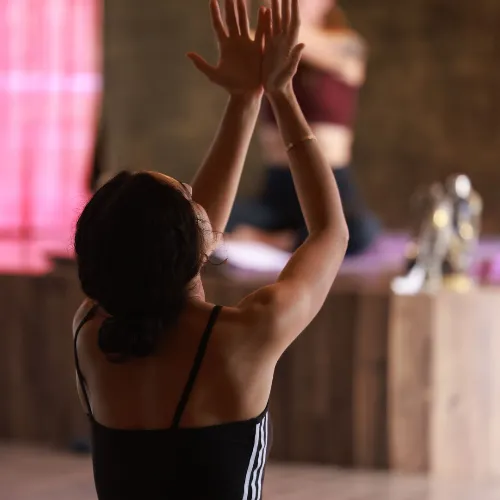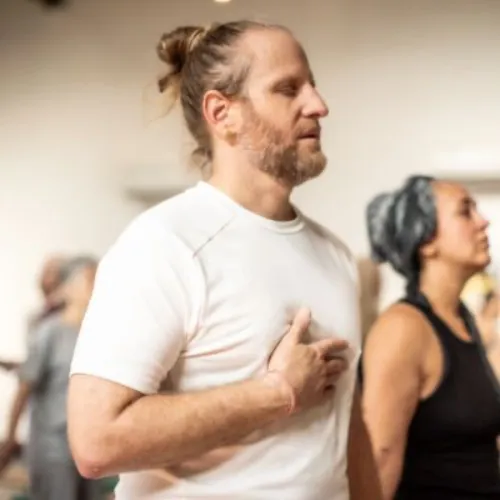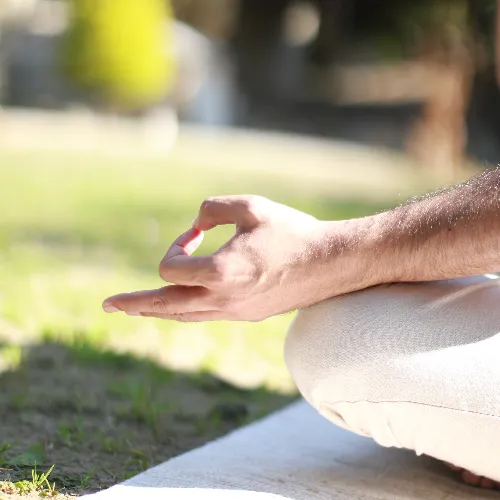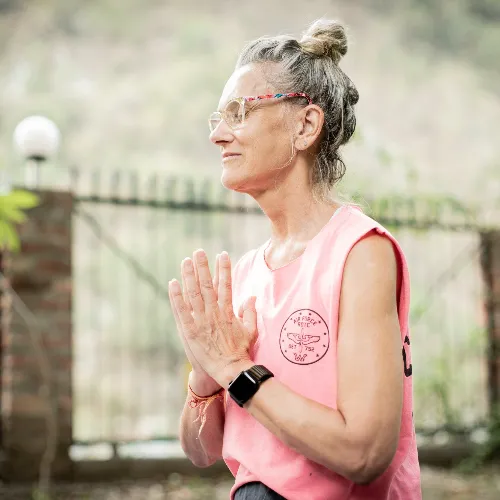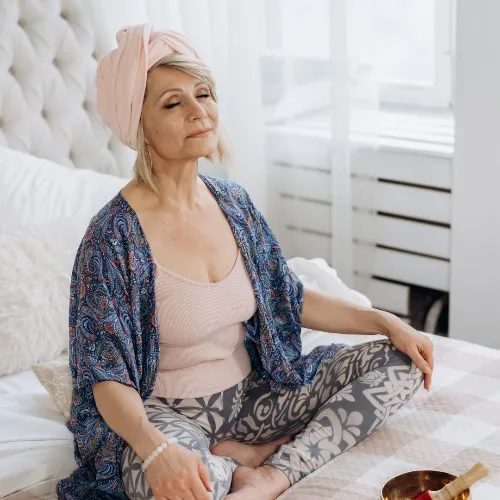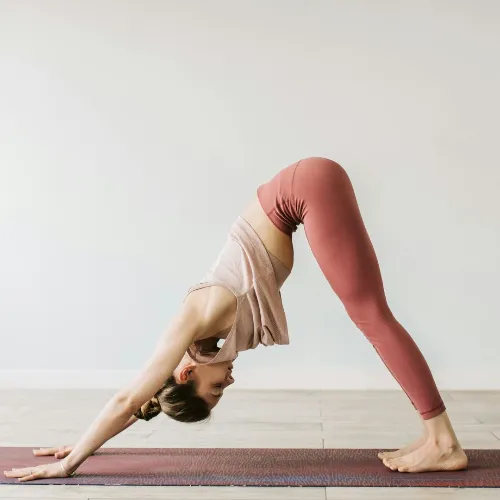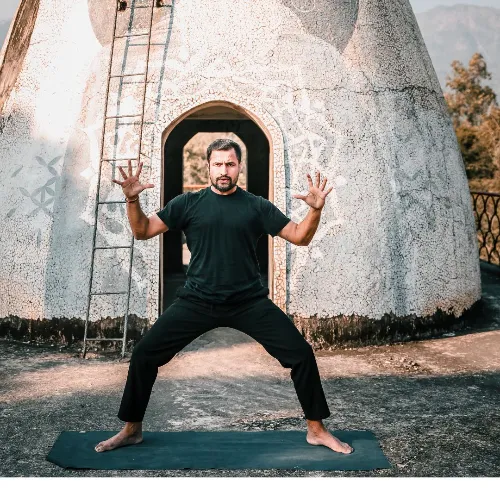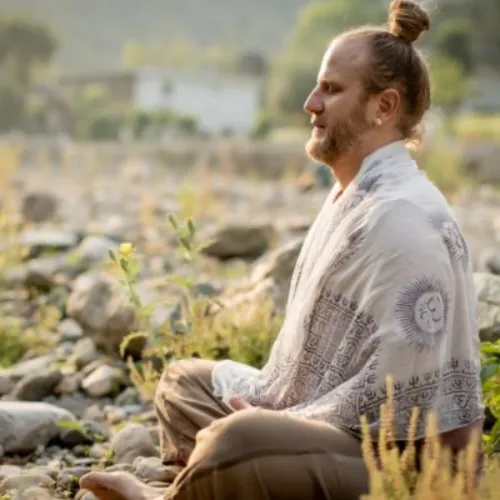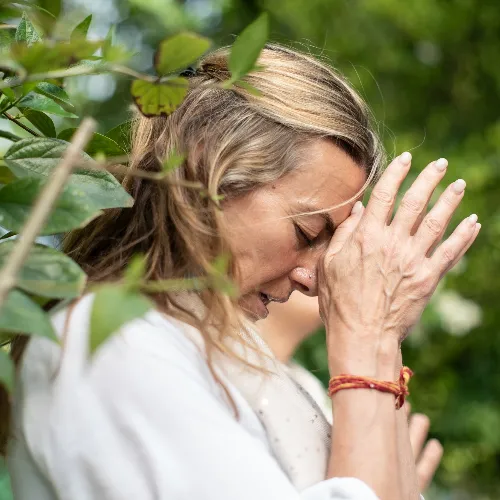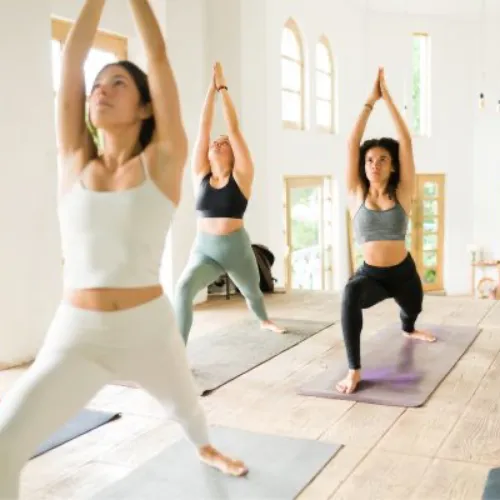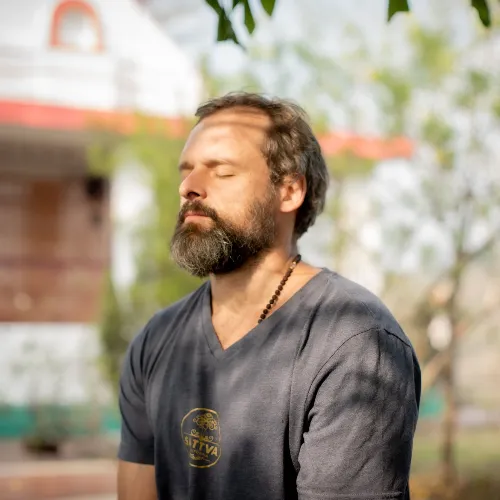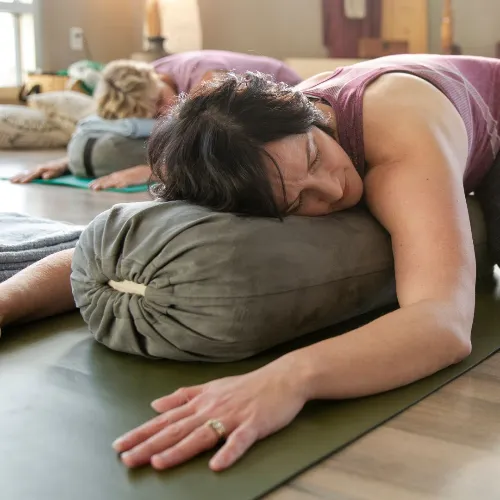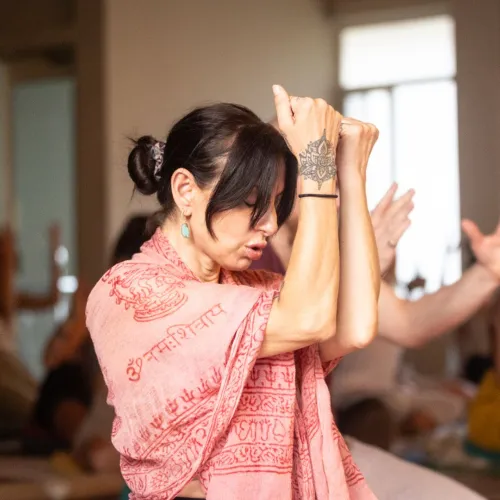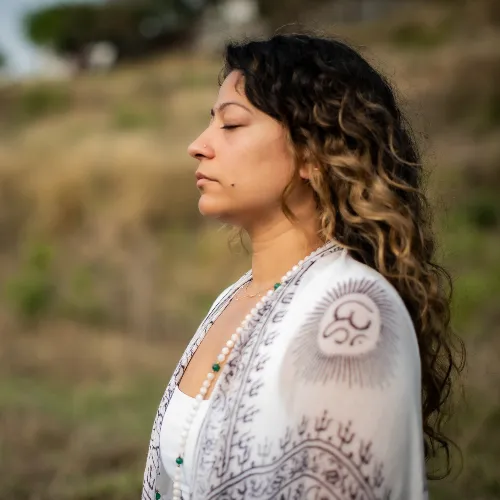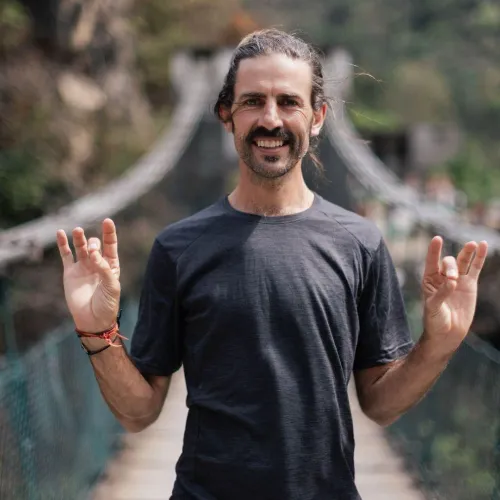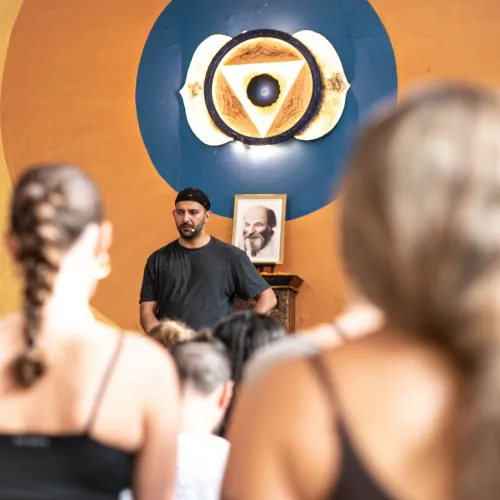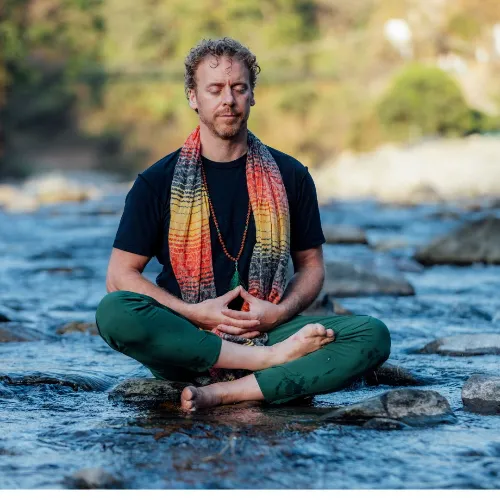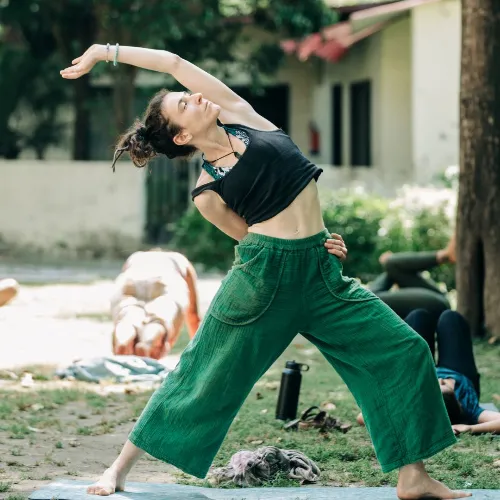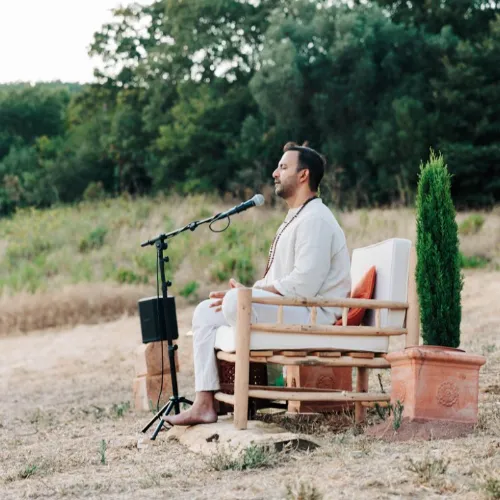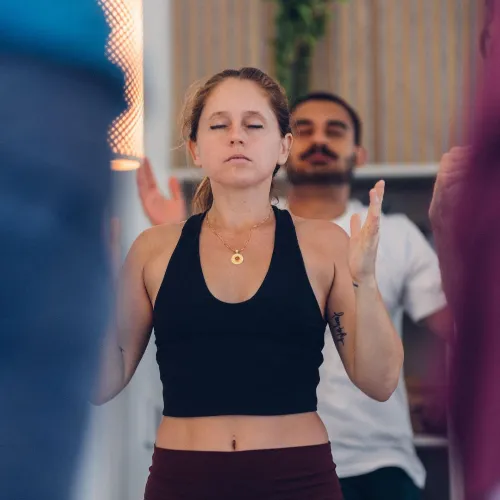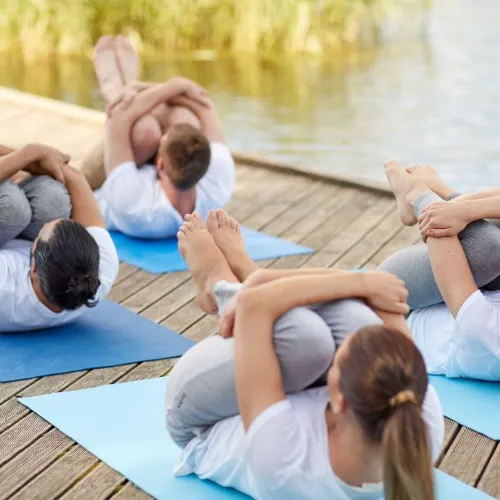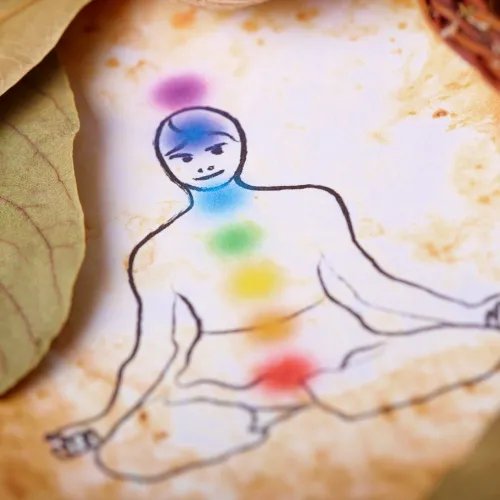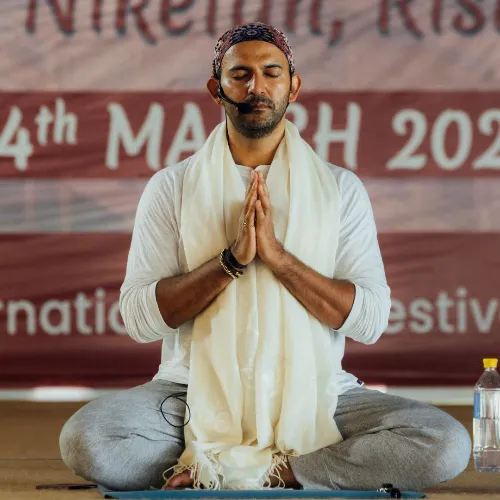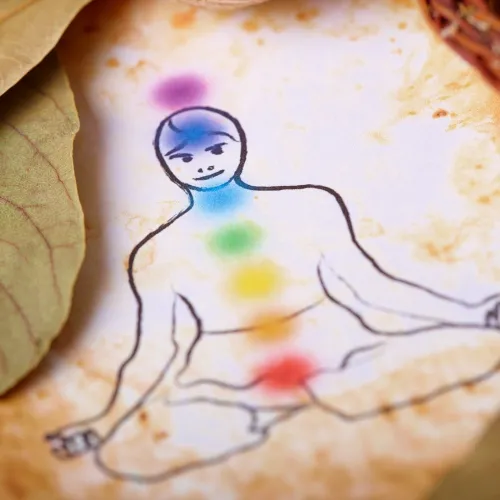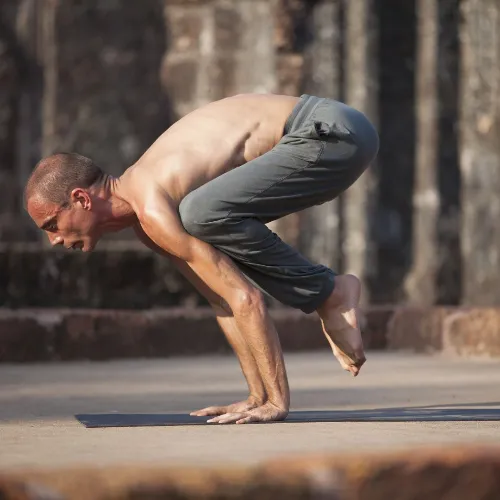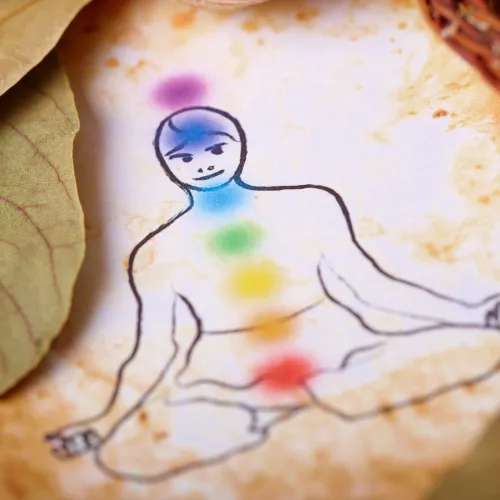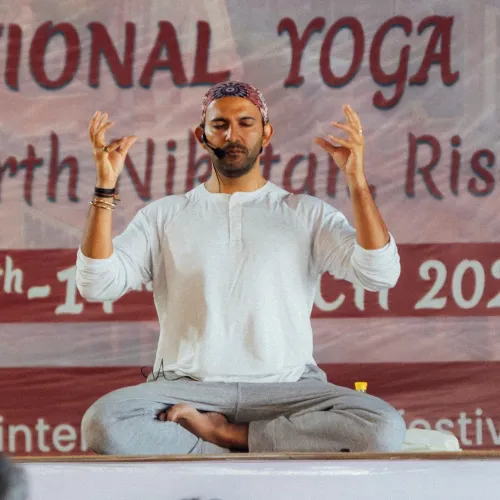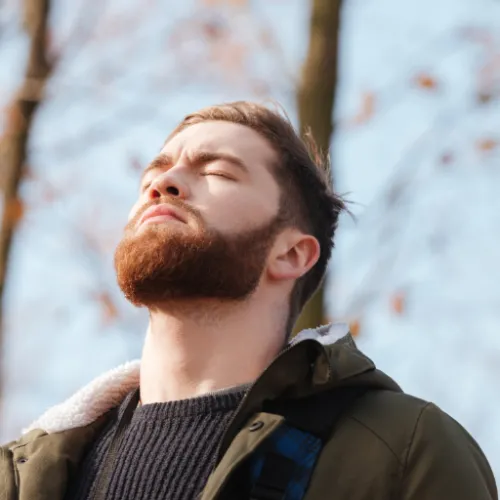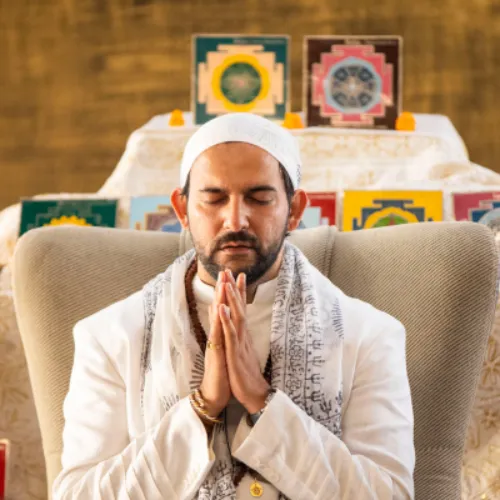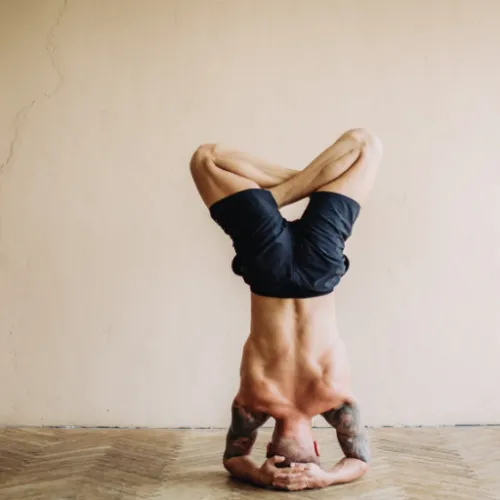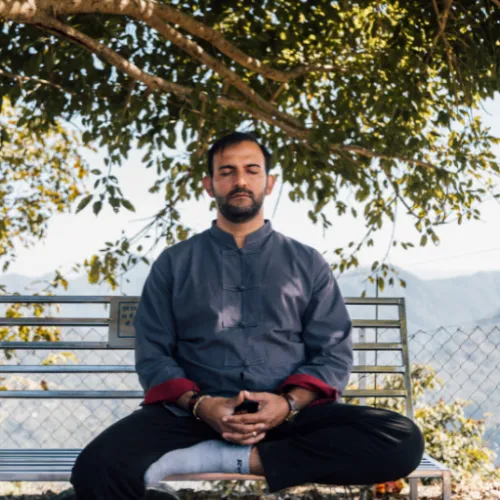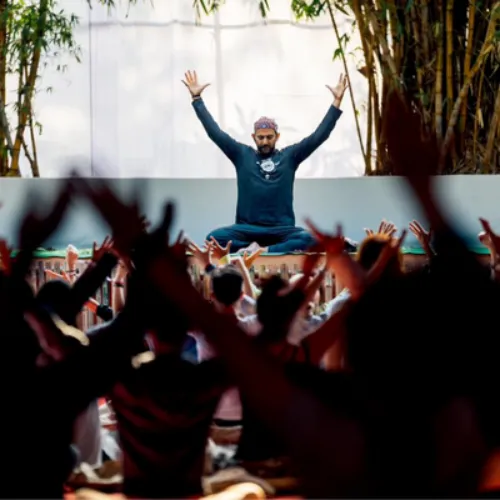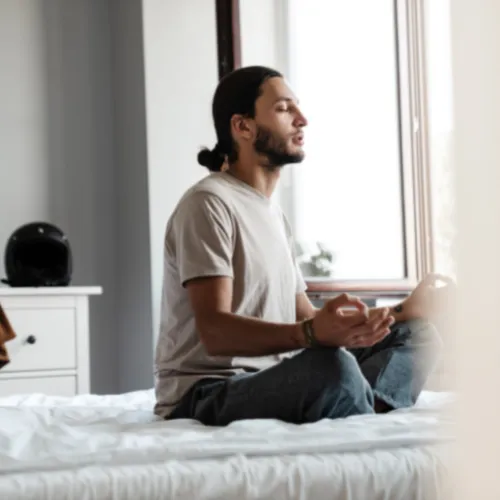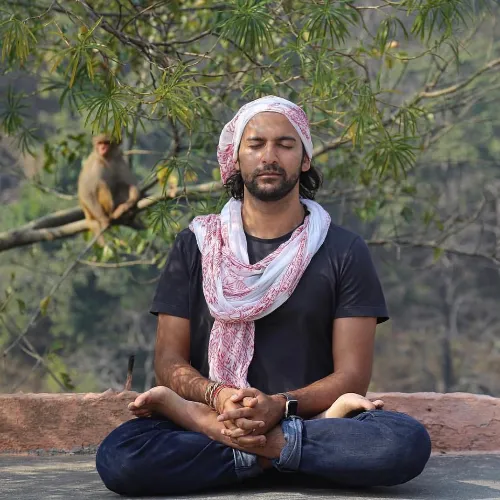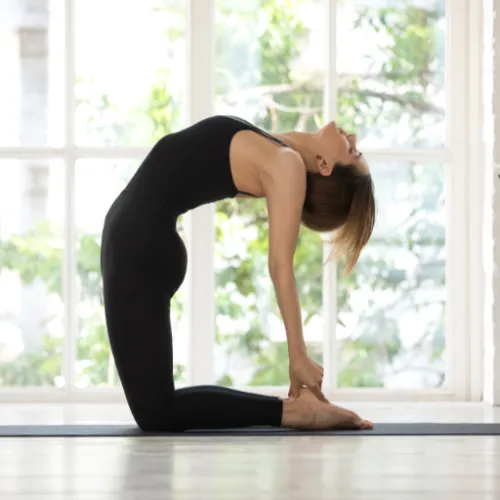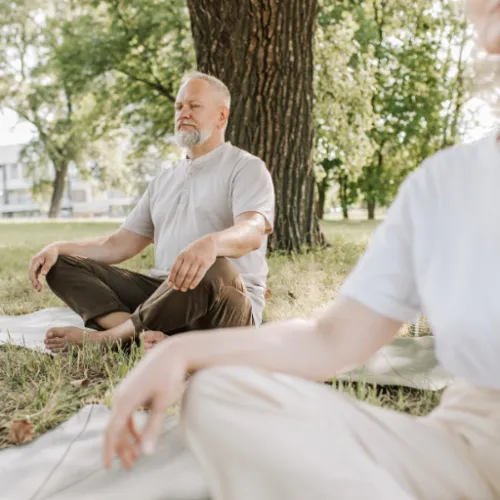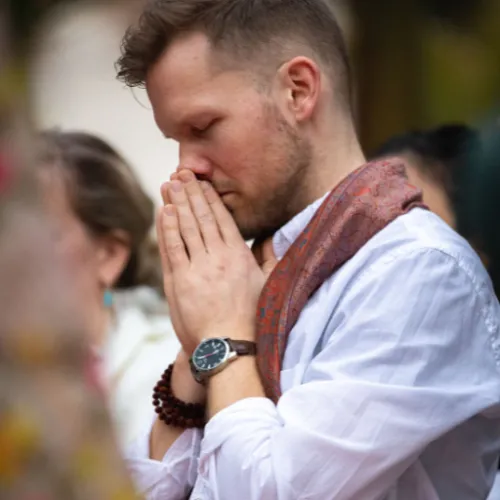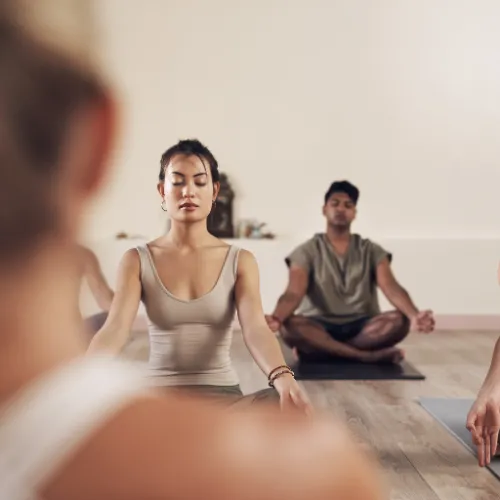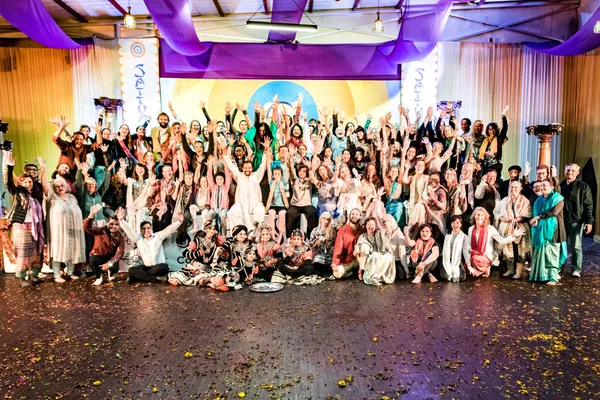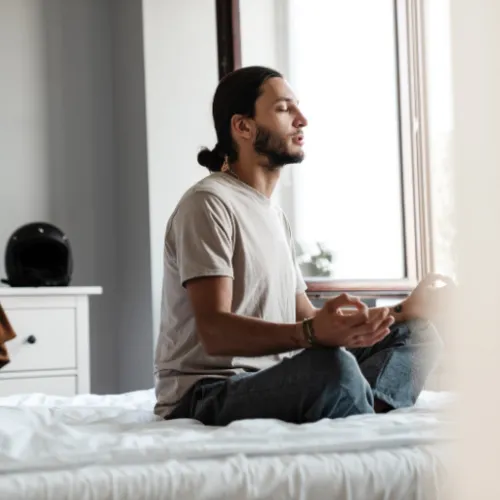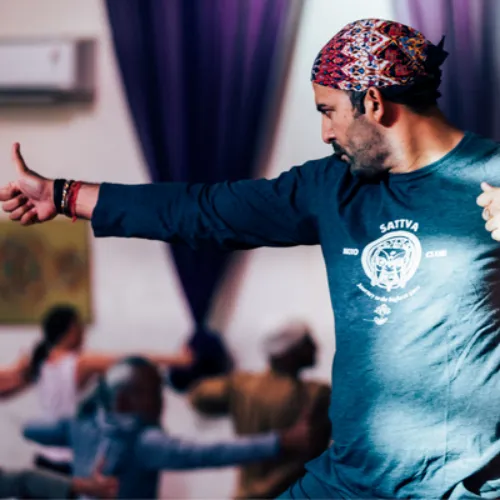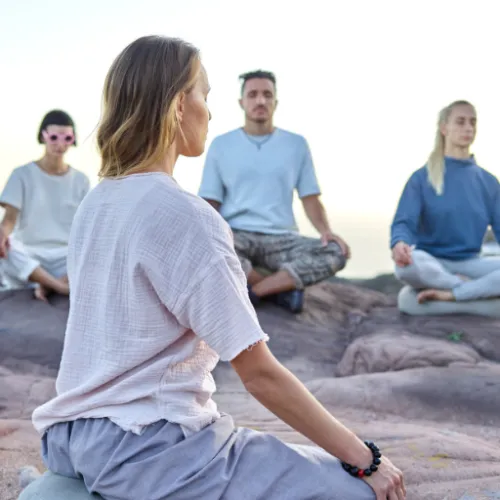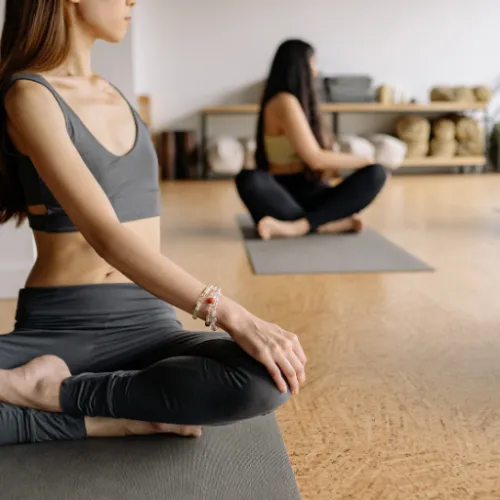

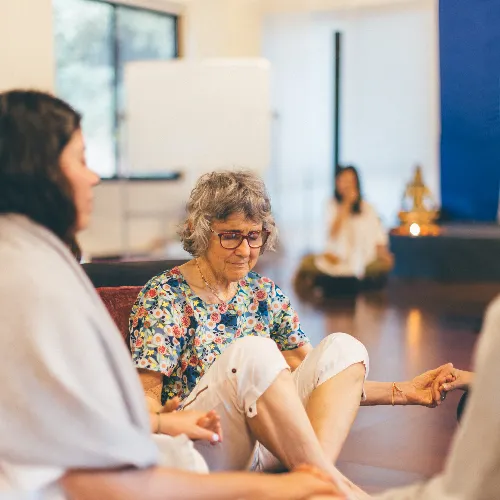
As we age, changes in the body are inevitable—but perhaps the most concerning for many is the decline in cognitive function. Memory lapses, difficulty concentrating, and increased risk of neurodegenerative diseases like Alzheimer’s can create a quiet undercurrent of fear around aging.
But hope lies not only in science or medicine. Ancient practices, particularly yoga, offer a holistic and increasingly evidence-backed path to preserving cognitive health, nurturing mental clarity, and aging with grace.
Let’s explore how yoga—through mindful movement, breathwork, and meditation—supports brain health and helps slow the aging process at a neurological level.
Understanding Brain Aging
As we grow older, the brain undergoes natural structural and functional changes:
These shifts can manifest as forgetfulness, slower mental processing, or mood disturbances. However, research now shows that lifestyle choices, especially those that integrate body, breath, and mind, can slow or even reverse some of these age-related changes.
Yoga & Brain Health: A Multidimensional Practice
1. Movement Enhances Neuroplasticity
Yoga postures stimulate blood circulation—particularly to the brain—delivering vital oxygen and nutrients that nourish neurons and support cognitive function.
Physical movement in yoga has also been linked to increased production of brain-derived neurotrophic factor (BDNF), a protein essential for the creation of new neurons and synaptic connections. BDNF is vital for learning, memory, and long-term brain resilience.
Certain dynamic asana sequences may even help promote hippocampal growth—the area of the brain central to memory formation—making yoga a powerful ally in maintaining mental agility.
2. Pranayama: Breathing for Brain Longevity
Breathwork is not only calming—it’s neuroprotective. Practices like Nadi Shodhana (alternate nostril breathing) and deep diaphragmatic breathing regulate the nervous system and reduce cortisol, a stress hormone that can damage the brain when chronically elevated.
Activating the parasympathetic nervous system through breath leads to:
Breath-based practices foster inner stillness while sharpening the brain's ability to stay attentive and present—core ingredients for cognitive longevity.
3. Meditation: Strengthening the Mind
Meditation, a cornerstone of yoga, has been shown to:
Studies have found that long-term meditators display slower cognitive decline and more youthful brain structure compared to non-meditators of the same age.
Mindfulness meditation helps you stay mentally agile, emotionally balanced, and more resistant to the cognitive wear and tear that can accompany aging.
4. Better Sleep for Brain Repair
Sleep is crucial for brain repair, detoxification, and memory consolidation. Unfortunately, many people experience sleep disturbances with age.
Yoga supports healthy sleep patterns by calming the nervous system and easing physical tension. Practices like restorative yoga, Yoga Nidra, and evening pranayama can significantly improve sleep quality.
Deeper, more consistent rest helps the brain stay clear, focused, and better able to process information and emotions.
What the Research Says
Scientific evidence continues to affirm yoga’s impact on brain aging:
A study in the Journal of Alzheimer’s Disease found that Kundalini yoga significantly improved memory and executive function in older adults at risk of cognitive decline.
Research in Frontiers in Human Neuroscience revealed that yoga practitioners had greater hippocampal volume—a marker of healthy brain aging.
Meditation and mindfulness have been linked to increased cortical thickness and slower rates of brain atrophy.
Yoga’s holistic impact—on inflammation, stress, emotional balance, and cognitive clarity—makes it a compelling preventative tool for aging gracefully.
Your Brain on Yoga: A Daily Practice for Longevity
Incorporating yoga into your lifestyle doesn’t require long hours or complex postures. A few simple practices done consistently can make a profound difference:
Even just 20 minutes a day of integrated yoga practice can contribute to long-term mental resilience and vitality.
Aging with Grace, Not Fear
Yoga teaches that aging is not a decline—it’s an evolution. With intention, movement, breath, and stillness, we can meet the aging process not with resistance, but with awareness, strength, and grace.
Your brain is not a fixed entity. It is adaptable, responsive, and ready to be nourished—every single day. Yoga gives you the tools to do just that.
So breathe, stretch, and remember: your brain, like your body, thrives on presence, movement, and care.
Would you like a daily yoga and breathwork plan specifically designed for brain health and healthy aging? I can create that for you next.



